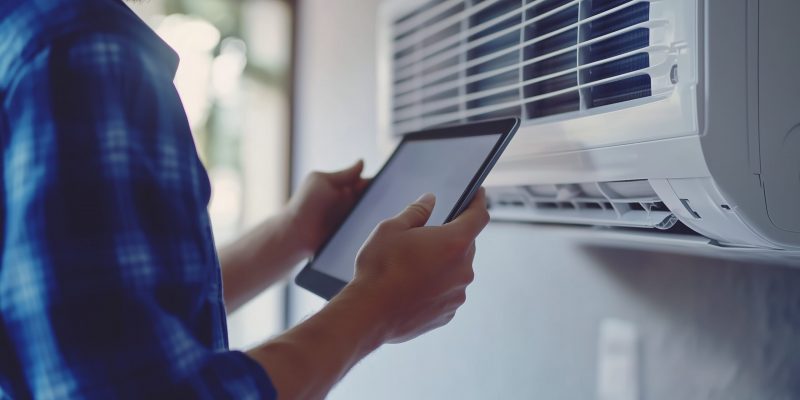How Air Quality is Measured in My Home
Maintaining good air quality in your home is essential for your health and comfort. Poor indoor air can lead to respiratory issues, allergies, and even long-term health problems. But how do you know if the air in your home is clean? At Superior Heating & Air Conditioning, LLC, we specialize in assessing and improving air quality in Lake Carolina to ensure homeowners breathe cleaner, healthier air.
Understanding Air Quality Measurements
What is Indoor Air Quality?
Indoor air quality (IAQ) refers to the cleanliness and condition of the air inside your home. It is influenced by pollutants, humidity levels, ventilation, and airborne contaminants. The Environmental Protection Agency (EPA) identifies indoor air pollution as a significant environmental risk, making it crucial to monitor and improve the air inside your home.
Why is Measuring Air Quality Important?
Many indoor air pollutants are invisible and odorless, making them difficult to detect without proper testing. Poor air quality can cause:
- Increased allergy and asthma symptoms
- Fatigue, headaches, and dizziness
- Unpleasant odors and mold growth
- Higher energy costs due to inefficient ventilation
Regular air quality assessments help identify these issues early and allow for corrective actions to maintain a healthier indoor environment.
Methods for Measuring Air Quality in Your Home
1. Indoor Air Quality Monitors
An indoor air quality monitor is a device that provides real-time data on the levels of various air pollutants. These monitors typically measure:
- Particulate Matter (PM2.5 and PM10) – Tiny particles like dust, pollen, and smoke that can be harmful when inhaled.
- Volatile Organic Compounds (VOCs) – Gases released from household products like paint, cleaning supplies, and furniture.
- Carbon Dioxide (CO₂) – High levels can indicate poor ventilation.
- Humidity Levels – Ideal indoor humidity should be between 30-50% to prevent mold and bacteria growth.
Installing an IAQ monitor is a simple way to keep track of air quality changes in your home and take action when necessary.
2. Professional Air Quality Testing
Hiring an air quality company like Superior Heating & Air Conditioning, LLC ensures a comprehensive assessment of your home’s air. Professional testing can detect:
- Mold and mildew spores – Can lead to respiratory issues and allergies.
- Carbon monoxide (CO) – A colorless, odorless gas that can be deadly in high concentrations.
- Radon levels – A naturally occurring gas that can increase the risk of lung cancer.
Experts use specialized tools like infrared cameras, particle counters, and humidity sensors to provide accurate readings and recommend solutions for improvement.
3. HVAC System and Ventilation Checks
Your heating and cooling system plays a significant role in maintaining air quality. If your HVAC system is not properly maintained, dust, bacteria, and allergens can circulate through your home. A professional air quality company can inspect and clean your HVAC system, including:
- Air ducts
- Filters
- Vents
- Humidifiers and dehumidifiers
Regular HVAC maintenance ensures that your system is effectively filtering and distributing clean air throughout your home.
Common Indoor Air Pollutants and Their Impact
Particulate Matter (PM)
Particulate matter consists of fine particles from dust, smoke, and allergens. These particles can cause respiratory problems and aggravate existing conditions like asthma.
How to Reduce PM Levels:
- Use high-efficiency air filters in your HVAC system.
- Vacuum and dust your home regularly.
- Consider investing in an air purifier.
Volatile Organic Compounds (VOCs)
VOCs are emitted from household products like paint, air fresheners, and furniture. Long-term exposure can lead to headaches, dizziness, and respiratory issues.
How to Reduce VOCs:
- Choose low-VOC or VOC-free products.
- Increase ventilation when using cleaning supplies or paint.
- Keep indoor plants that naturally filter air pollutants.
Carbon Monoxide (CO)
CO is a colorless, odorless gas that can be fatal in high concentrations. It is often produced by fuel-burning appliances such as gas stoves and water heaters.
How to Reduce CO Risks:
- Install CO detectors in your home.
- Have gas appliances inspected regularly.
- Ensure proper ventilation in areas where fuel-burning appliances are used.
Mold and Mildew
Mold growth occurs in damp environments and can produce allergens that affect respiratory health. It thrives in areas with poor ventilation and high humidity.
How to Prevent Mold Growth:
- Maintain indoor humidity between 30-50%.
- Fix leaks in plumbing and roofs promptly.
- Use exhaust fans in kitchens and bathrooms.
Steps to Improve Indoor Air Quality
1. Increase Ventilation
Proper airflow helps remove indoor pollutants and bring in fresh outdoor air. Open windows when possible and use exhaust fans in high-moisture areas like bathrooms and kitchens.
2. Use High-Quality Air Filters
Your HVAC system should be equipped with high-efficiency particulate air (HEPA) filters to trap dust, allergens, and bacteria. Replacing filters every 1-3 months can significantly improve air quality.
3. Control Humidity Levels
Maintaining the right humidity balance prevents mold growth and reduces allergens in the air. A dehumidifier can help if your home has excess moisture, while a humidifier is useful in dry conditions.
4. Schedule Regular HVAC Maintenance
A well-maintained HVAC system improves air circulation and removes pollutants efficiently. A professional air quality company can inspect your system and recommend any necessary upgrades or repairs.
Call to Action
If you’re concerned about air quality in Lake Carolina, don’t wait until it affects your health. Contact Superior Heating & Air Conditioning, LLC for professional air quality assessments and solutions. Our team specializes in improving indoor air quality through expert HVAC maintenance, filtration systems, and ventilation improvements.
Call us today at (803) 272-3071 or request an appointment online to ensure your home’s air is clean and safe for your family.




